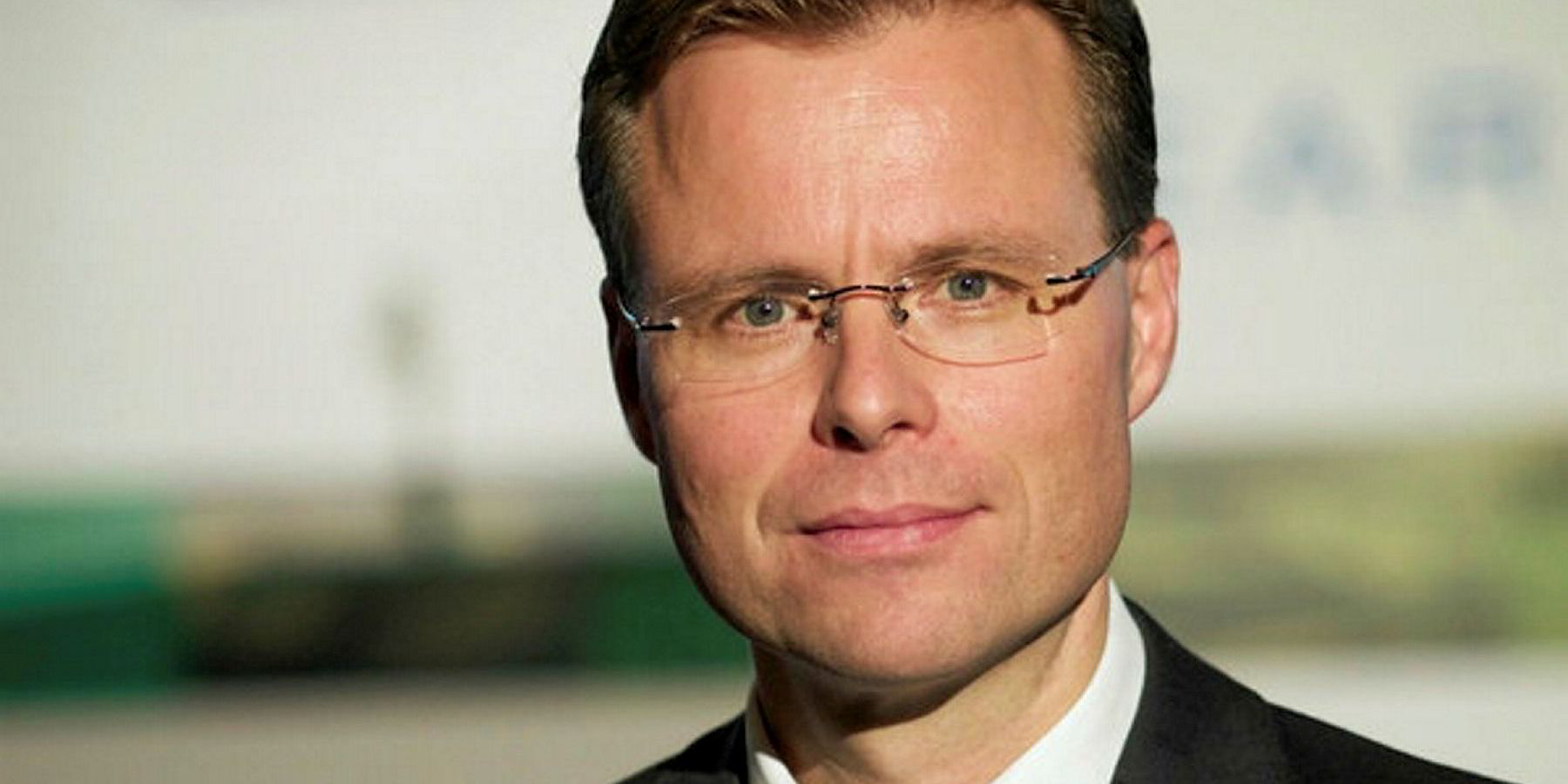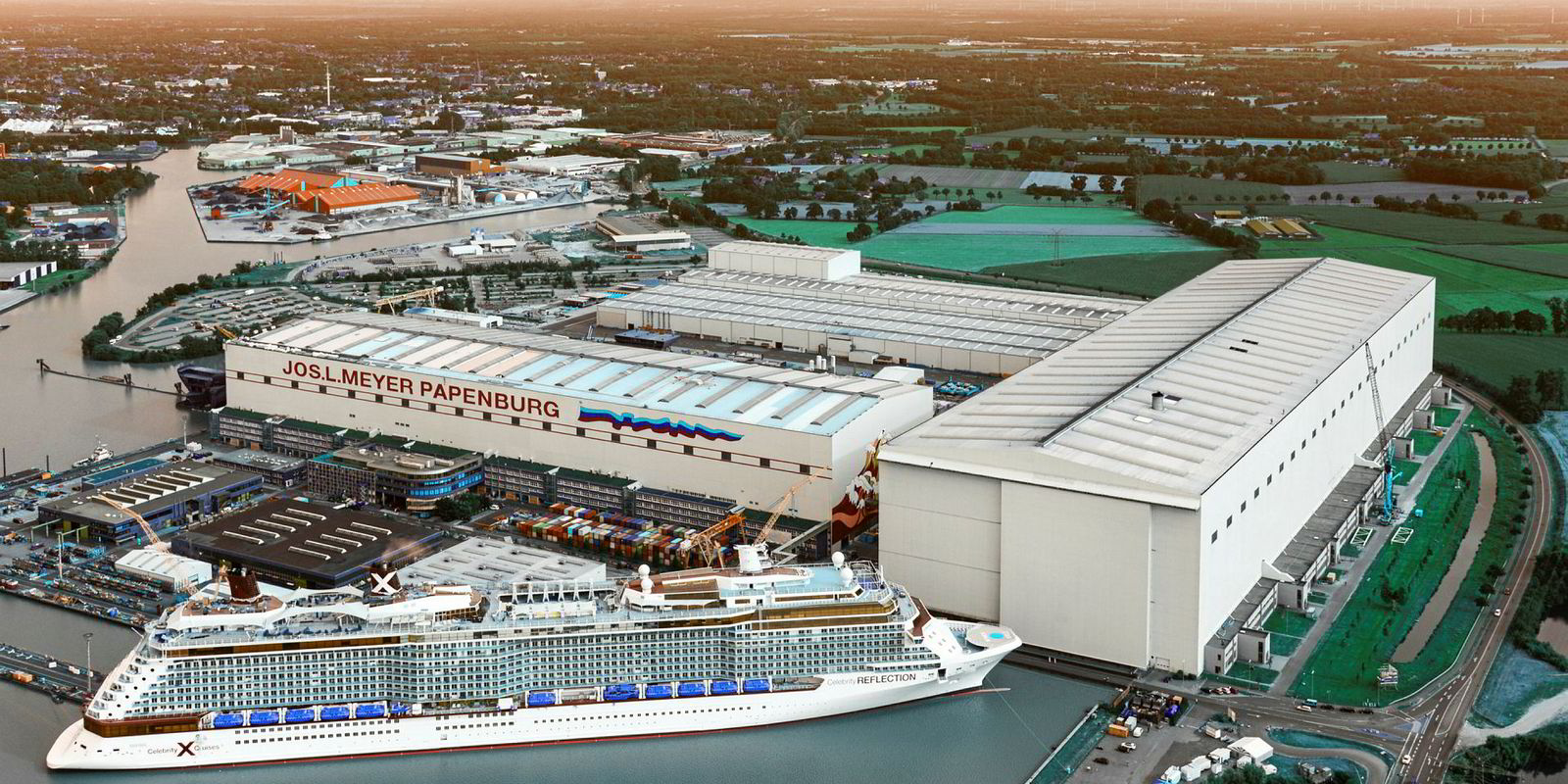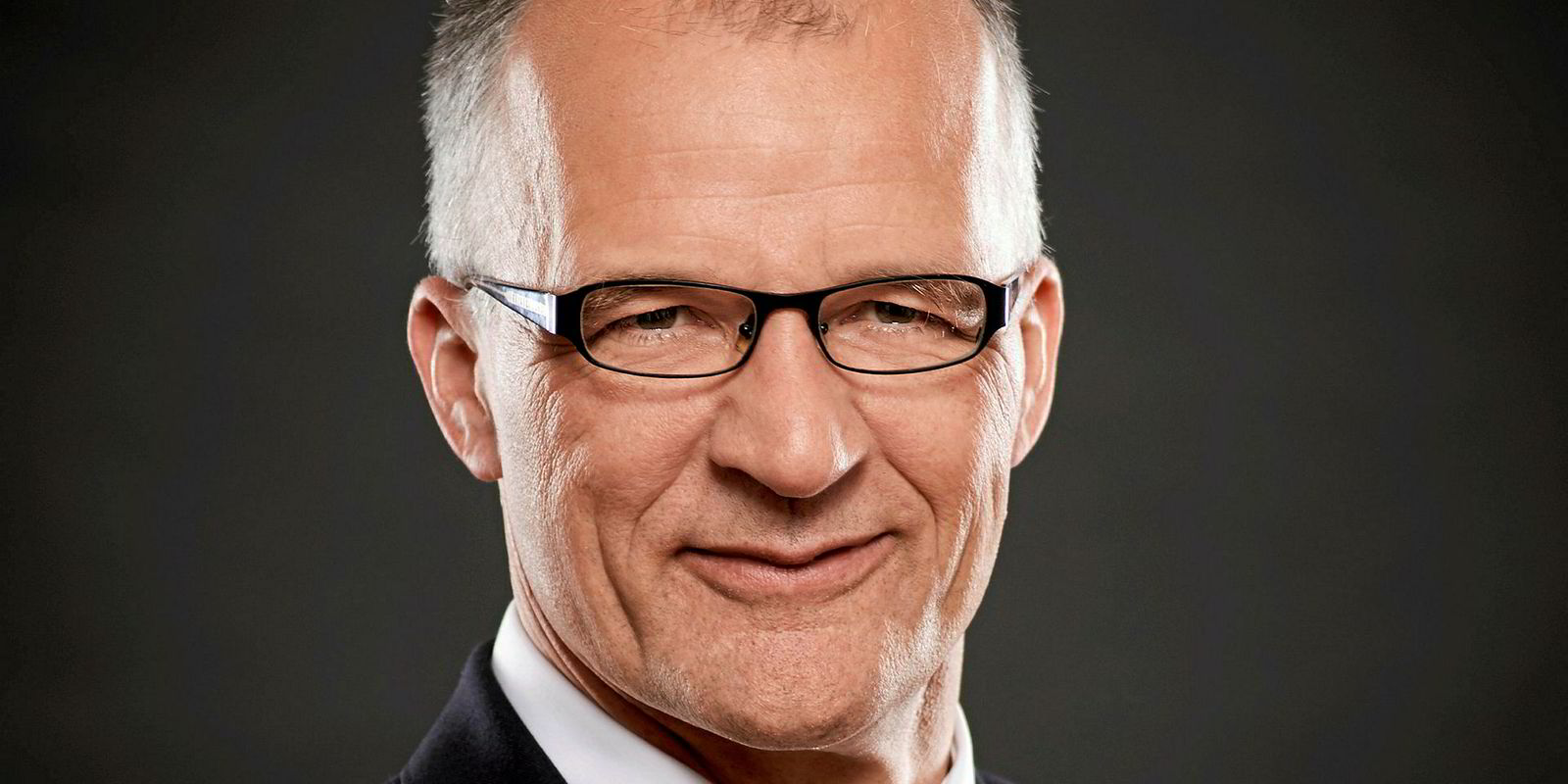When the DNV Foundation took full control of Norwegian-German joint-venture classification society DNV GL, many felt local German shipowners would have no reason to stay loyal and start to look to take their business elsewhere.
But Torgeir Sterri, vice president and regional manager west Europe at DNV GL Maritime, says a key factor in keeping local business was the decision to maintain the maritime centre in Hamburg.
It has even strengthened the management of its unit in the German city as the focal point of the western European region.
Sterri says local owners have told him they like the return to a pure “foundation” style classification society compared with the former private business model of DNV GL when it was part owned by the German Mayfair group.
“The feedback I am getting is very positive, owners see that when we are owned by a foundation the result of what we do goes back into the industry and they believe that this is a good fit for a classification society,” Sterri says.
“We invest a lot in R&D [reserach and development] each year to work towards safeguarding life, property and the environment. The new ownership shows how we can work towards this.”
DNV GL says it has maintained a 60% share of the German market in gt terms and has 2,350 German-controlled vessels on its books.
However, others are eyeing the market too. France’s Bureau Veritas claims an increase in market share in the country despite a decline in the national fleet. It has made inroads in areas of DNV GL's strength, such as LNG-fuelled vessels, providing classification services for a Brittany Ferries newbuilding project at the Flensburg yard and fuelling services at the port of Hamburg along with Becker Marine. Its strength in LNG fuelling was demonstrated when it won the classification business for CMA CGM’s LNG-fuelled mega-containership project in South Korea.
LNG fuelling will likely become a battleground between class societies in Germany, with the government recently unveiling a subsidy package for LNG-powered newbuildings and conversions.
But one thing most classification societies cannot compete with is the scale of the DNV GL operation. It has 1,600 people in the country, including 1,100 at the Hamburg base, with the full range of ship classification services and highest number of German-speaking staff.
“We have all the competencies and experience that are available at the doorstep,” Sterri says.
One factor all class societies in Germany have to contend with is that the size of the maritime business and number of German operated ships is still shrinking.
Jorge Langkabel, DNV GL’s manager for Germany, puts a brave face on the market and says the country’s maritime fortunes are set to change.
“The market is recovering, the multipurpose sector is picking up on project cargoes and owners are looking for secondhand tonnage,” he says. “But it will take a while to look at the possibility of newbuildings. We will have to wait another one or two years.”





